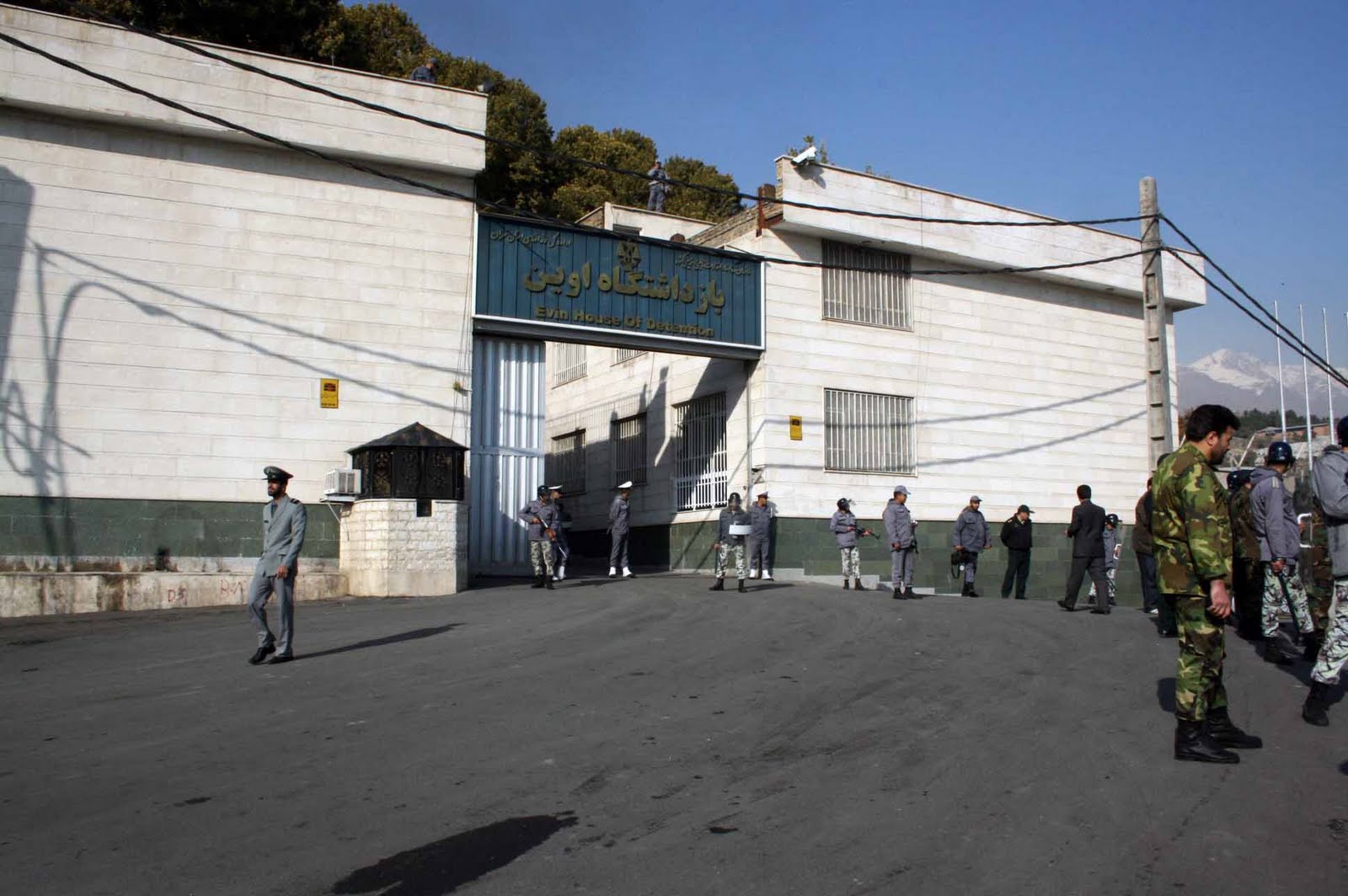|
Special Rapporteur On Human Rights In Iran
The United Nations Special Rapporteur on the situation of human rights in the Islamic Republic of Iran is a United Nations Special Rapporteur whose mandate is to monitor and investigate human rights violations in Iran. The current Special Rapporteur is Javaid Rehman. He is the sixth special rapporteur to Iran, following the tenures of Andrés Aguilar (1984–1986), Reynaldo Galindo Pohl (1986–1995), Maurice Copithorne (1995–2002), Ahmed Shaheed (2011–2016), and Asma Jilani Jahangir (2016–2018). Tenures Andrés Aguilar (1984–1986) In 1984, the United Nations Commission on Human Rights (UNCHR) appointed Andrés Aguilar of Venezuela as its Special Representative to Iran on human rights. Iran refused to engage with him and he "eventually resigned, unable to persuade Iranian officials to cooperate with him in any way." Reynaldo Galindo Pohl (1986–1995) Galindo Pohl, a prominent diplomat and professor of law from El Salvador, served as the Special Representative from ... [...More Info...] [...Related Items...] OR: [Wikipedia] [Google] [Baidu] |
Human Rights In Iran
From the Imperial Pahlavi dynasty (1925 to 1979), through the Islamic Revolution (1979), to the era of the Islamic Republic of Iran (1979 to current), government treatment of Iranian citizens' rights has been criticized by Iranians, by international human rights activists, by writers, by NGOs and the United States. While the monarchy under the rule of the shahs was widely attacked by most Western watchdog organizations for having an abysmal human rights record, the government of the Islamic Republic which succeeded it is considered still worse by many. The Pahlavi dynasty—Reza Shah Pahlavi and his son Mohammad Reza Shah Pahlavi—has sometimes been described as a "royal dictatorship", or "one man rule", and employed secret police, torture, and executions to stifle political dissent. During Mohammad Reza Shah Pahlavi's reign, estimates of the number of political prisoners executed vary from less than 100 to 300. Under the Islamic Republic, the prison system was centralized ... [...More Info...] [...Related Items...] OR: [Wikipedia] [Google] [Baidu] |
